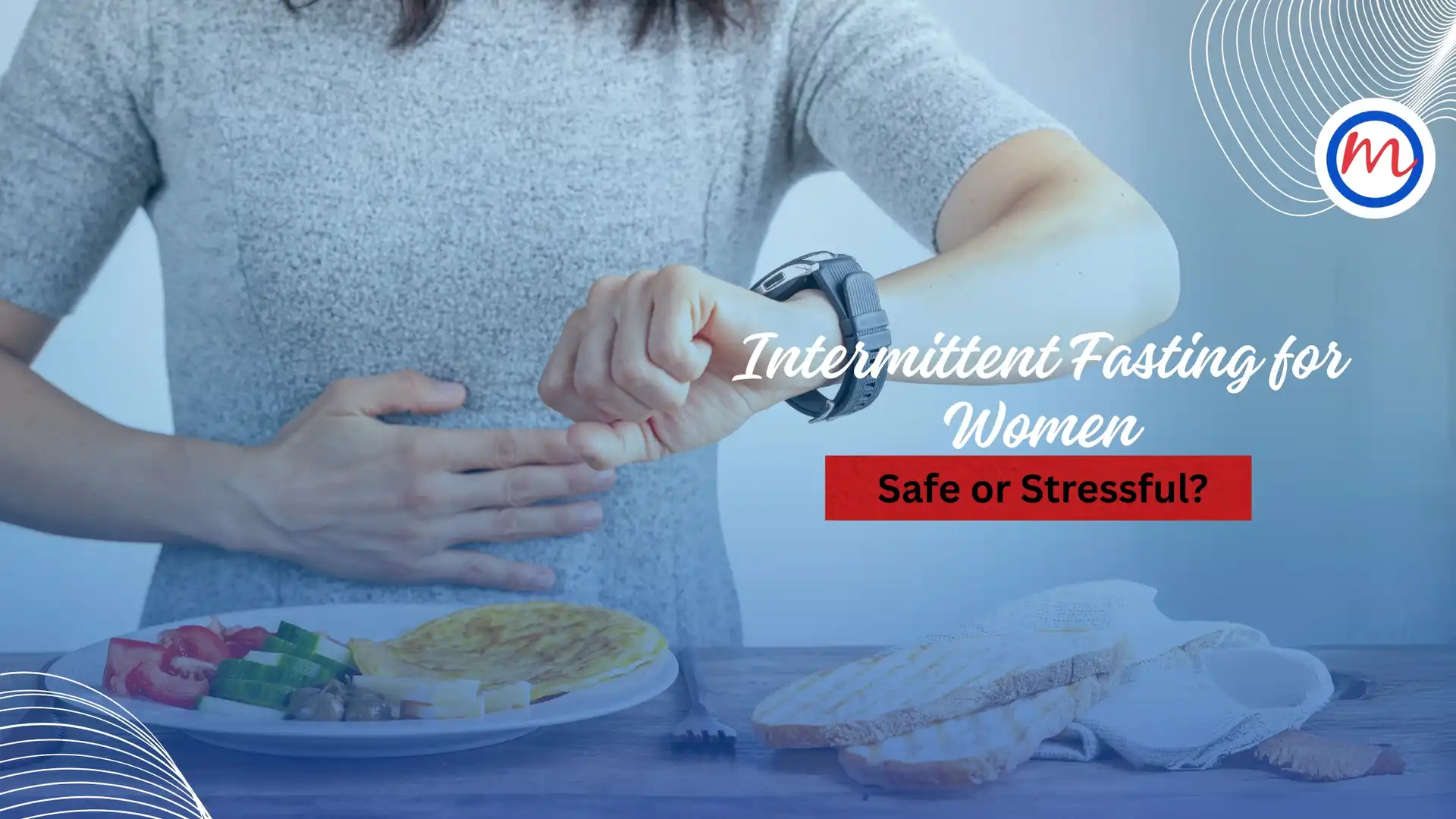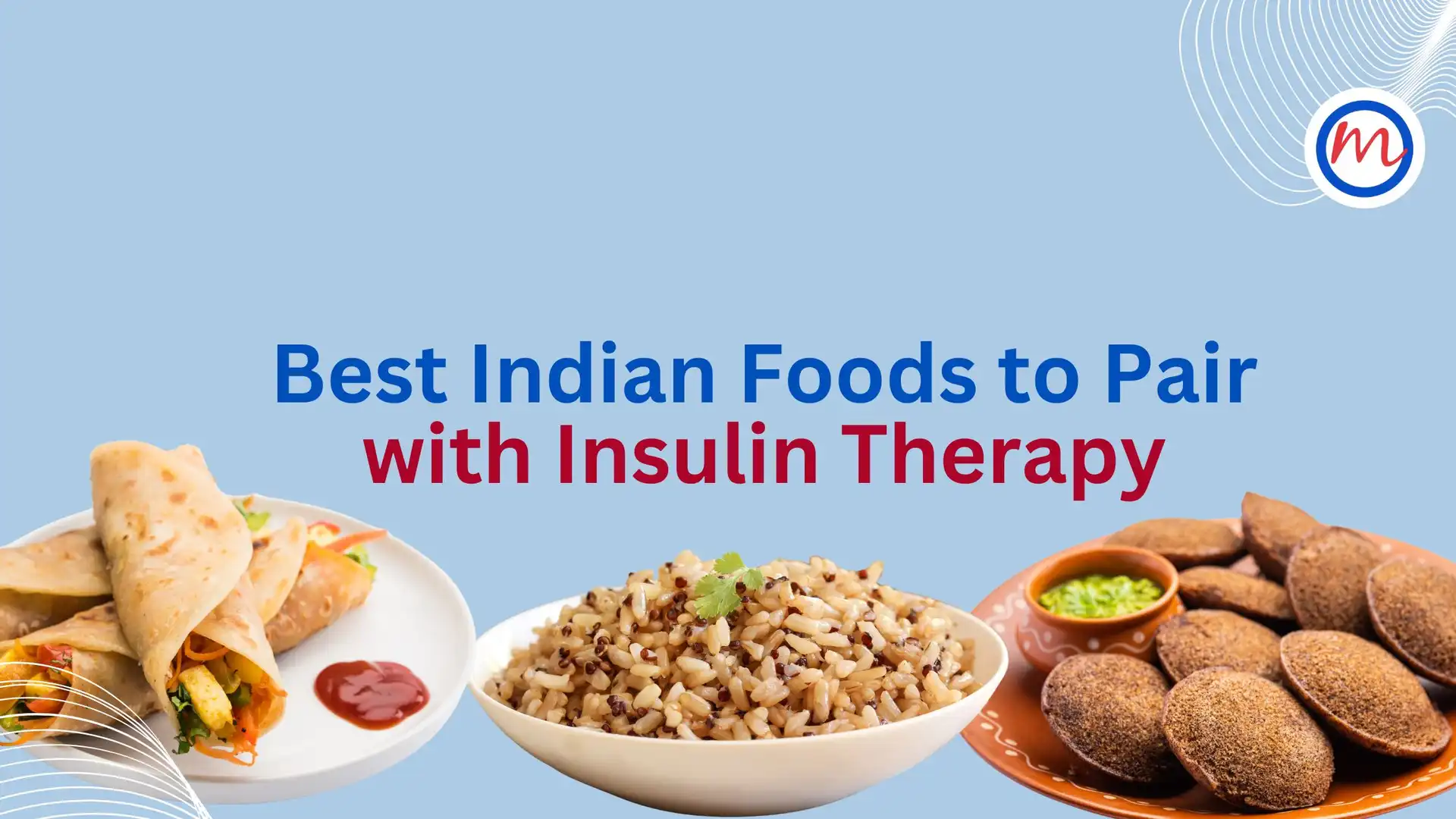Intermittent Fasting for Women – Safe or Stressful?
Intermittent fasting (IF) has gained popularity as a time-based eating strategy that promotes weight loss, improved metabolism, and better insulin sensitivity. However, when it comes to women, especially those with underlying health concerns such as diabetes or hormonal imbalances — the question arises: is intermittent fasting truly safe, or can it become a source of added stress?
Understanding Intermittent Fasting
Intermittent fasting refers to structured eating windows, the most common being the 16:8 method (16 hours of fasting and 8 hours of eating). Other patterns include the 5:2 method, where individuals eat normally for five days and restrict calories for two.
The benefits of IF include improved fat metabolism, reduced insulin resistance and lower inflammation levels. But for women, hormonal responses to fasting can differ significantly from those in men.
The Female Body and Fasting
Women’s bodies are biologically designed to maintain fertility and reproductive balance. This means that prolonged fasting or extreme calorie restriction can trigger stress responses that may disrupt the delicate balance of hormones like oestrogen, progesterone and cortisol.
In some cases, intermittent fasting may lead to:
- Irregular menstrual cycles
- Thyroid dysfunction
- Mood fluctuations
- Increased cravings or induldge-eating patterns
For women with Type 2 diabetes or polycystic ovarian syndrome (PCOS), IF might improve insulin sensitivity. However, if not done under professional guidance, it may cause episodes of hypoglycaemia, fatigue or nutritional deficiencies.
Is IF Safe for Women with Diabetes?
For individuals with diabetes, meal timing and consistency are essential for blood sugar control. Fasting for extended periods may lead to dangerous drops in glucose levels, especially for those on insulin or oral hypoglycaemic agents. Women with diabetes who are considering intermittent fasting should always consult their healthcare team before making dietary changes.
A safer alternative could be modified intermittent fasting, such as a 12:12 or 14:10 window, which allows sufficient nourishment while still offering metabolic benefits.
Listen to Your Body – Bio-individuality Matters
One of the key principles of nutrition is bio-individuality — what works for one person may not work for another. For some women, intermittent fasting leads to improved focus, digestion, and weight loss. For others, it can be a source of physical and emotional stress.
Red flags indicating that intermittent fasting may not be working for you include:
- Feeling excessively cold
- Low energy or irritability
- Poor sleep quality
- Missing or irregular periods
It is important for women to assess their lifestyle, activity levels, menstrual health and stress levels before adopting fasting practices.
The Balanced Approach
Rather than focusing solely on fasting windows, women benefit more from a balanced approach that includes:
- Whole foods rich in fibre, protein and healthy fats
- Regular physical activity
- Adequate hydration
- Stress management and adequate sleep
Intermittent fasting can be part of a healthy lifestyle — but it must be personalised, mindful and adapted to one’s unique needs.
Conclusion
Intermittent fasting offers promising benefits, but for women, it is not a one-size-fits-all solution. With careful planning, medical supervision, and a focus on nourishment over restriction, IF can be safe — but when done incorrectly, it may lead to more harm than good.



